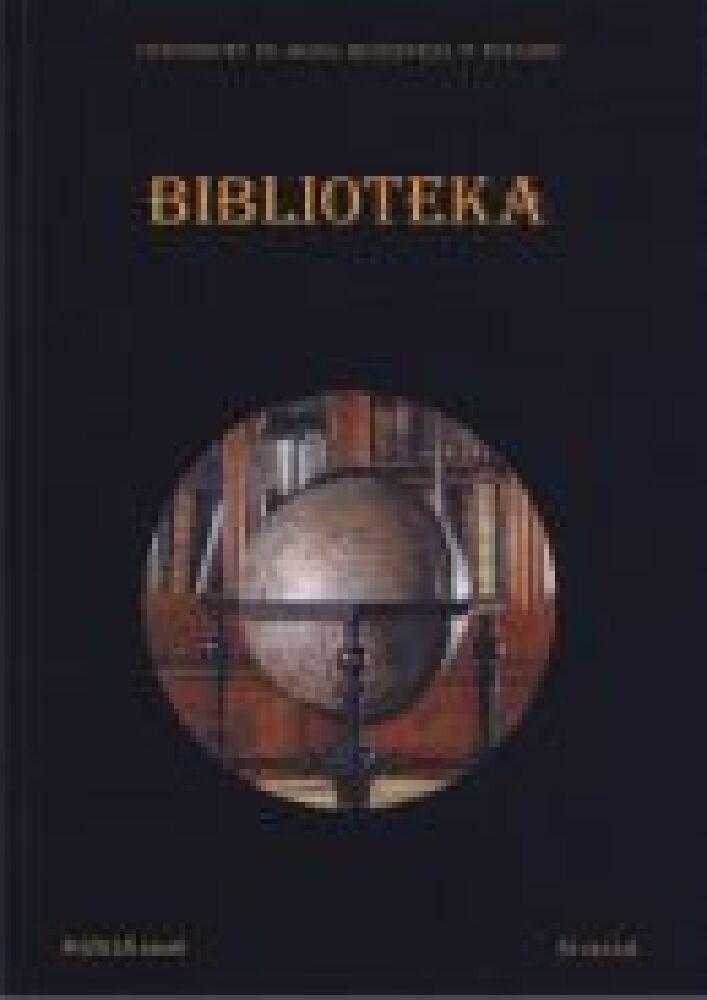Abstrakt
The author discusses his comparative analysis of Polish and German archival thought related to processing personal archives. The motive behind the present considerations was the literary and archival legacy of Henryk Bereska, one o f the most eminent translators of Polish literature into the German language. A concise introduction presents briefly the life of H. Bereska and describes the nature of the body of archival work currently held at the university library of Viadrina University in Frankfurt/Oder. Further, the author proceeds to analyze the methods employed for processing personal archives in Poland and in Germany. The most favourable processing methodology created by the team headed by H. Bereska was worked out as the result of the combination of the techniques elaborated in the two aforementioned methodological schools. The approach to processing the body of literary work of the translator was done according to Polish rules for physical ordering of literary legacies and German rules for making up inventories of the processed material. The article also presents the integrated, open Kalliope database, a tool used in the inventory making process employed for documents included in the legacy.Licencja
Prawa autorskie (c) 2008 Błażej Kaźmierczak

Utwór dostępny jest na licencji Creative Commons Uznanie autorstwa – Na tych samych warunkach 4.0 Miedzynarodowe.
Utwory opublikowane w czasopiśmie Biblioteka, na platformie Pressto należącej do Uniwersytetu im. Adama Mickiewicza w Poznaniu od 2015 roku są udostępniane na
licencji Creative Commons Uznanie autorstwa-Na tych samych warunkach 4.0 Międzynarodowe.
Tym samym wszyscy zainteresowani są uprawnieni do korzystania z utworów opublikowanych po 2015 roku pod następującymi warunkami:
- uznania autorstwa czyli obowiązek podania wraz z rozpowszechnianym utworem informacji o autorstwie, tytule, źródle (odnośniki do oryginalnego utworu, doi) oraz samej licencji
- na tych samych warunkach — remiksując utwór, przetwarzając go lub tworząc na jego podstawie, należy swoje dzieło rozpowszechniać na tej samej licencji, co oryginał.
Uniwersytet im. Adama Mickiewicza w Poznaniu zachowuje prawo do czasopisma jako całości (układ, forma graficzna, tytuł, projekt okładki, logo itp.).
Autor zachowuje prawa majątkowe, ale udziela zgody Uniwersytetowi im. Adama Mickiewicza w Poznaniu na wykorzystanie dzieła. Autorzy tekstów zakwalifikowanych do publikacji proszeni są o wypełnienie podpisanie i przesłanie umowy.
Jeżeli autor artykułu nie jest przekonany, że może wykorzystywać cudze utwory (np. ilustracje, fotografie, tabele) w ramach cytatu we własnej tekście musi dostarczyć do redakcji czasopisma zgodę od uprawnionych podmiotów.
Prawa są zastrzeżone do wszystkich tekstów opublikowanych przed rokiem 2015.





